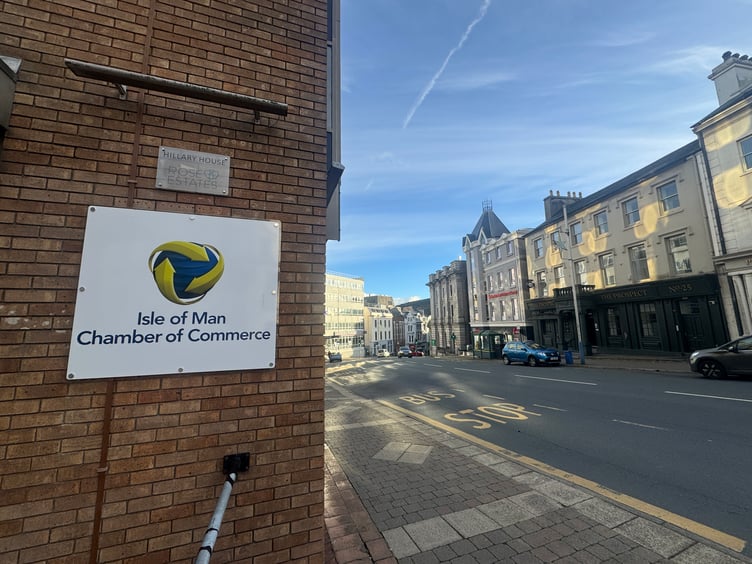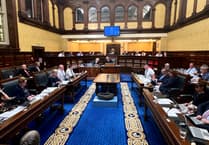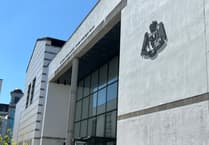The Isle of Man Chamber of Commerce has said it is ‘deeply disappointed’ by Tynwald’s decision to approve a near 10% increase in the island’s minimum wage, warning it could lead to job losses and rising costs for consumers.
From April 1 next year, the island’s single hourly minimum wage rate will increase from £12.25 to £13.46, while the rate for young workers will rise from £9.55 to £10.76.
The move, representing a 9.9% rise, was approved by Tynwald this week despite being rejected by the Minimum Wage Committee, which had cautioned that such a large increase could negatively impact employment, inflation, and business competitiveness.
The Chamber, which represents more than 450 Island businesses employing over 20,000 people, said the decision ignored repeated warnings from employers across multiple sectors.
In a strongly worded statement, it said: ‘The Chamber of Commerce is deeply disappointed by the decision to proceed with a 9.9% minimum wage increase, despite repeated warnings from employers across the island.’
It added: ‘Even the Treasury Minister has acknowledged that this decision will create challenges for some small businesses, a point Chamber and its members have raised for many months.
‘Since Covid, the minimum wage has risen by 48%, even before this latest increase. In the same period: inflation has increased by 24%, personal allowances have gone up by just 3.5%, the 10% tax band has not changed, and the higher rate has increased from 20% to 21%.’
The organisation warned that the tax system was being ‘leveraged to increase the effective rate of tax paid by employed persons (up by approximately 20% in four years) at the expense of both businesses and individuals.’
It continued: ‘If Government truly wanted to support low-paid employees, it could have done so by increasing tax allowances or reducing National Insurance. Instead, it has chosen a policy that risks jobs, investment, and training in order to generate more tax revenue.’
The Chamber said the policy was ‘especially serious now when some businesses are closing and jobs are being lost”, adding that “many small businesses will have no choice but to pass on higher costs to consumers.’
‘A common view is that employees on the minimum wage may think they are earning more, but rising taxes and living costs mean they are still losing out.
‘The only real winner is Government, through higher Treasury revenues.’
It also criticised members of Tynwald for comments made during the debate: ‘During the Tynwald debate we were disappointed to hear so many politicians openly criticise Chamber in Tynwald simply for doing what we exist to do: representing over 450 Island businesses that employ more than 20,000 people.’
Looking ahead, the Chamber warned that the decision could accelerate an already concerning trend of small business closures, automation, and job losses, particularly among younger workers.
While welcoming Tynwald’s approval of a new methodology linking the minimum wage to median earnings, it reiterated calls for a broader review of the wage-setting framework and a focus on the widening 28% pay gap between the public and private sectors.
The statement concluded: ‘Chamber will continue to stand up for the employers and employees who are vital to keep the Island’s economy running and growing.
‘However, more work is clearly needed to ensure that all politicians and decision-makers understand that a healthy private sector underpins a strong economy and generates the funds required to pay for public services.’




.png?width=209&height=140&crop=209:145,smart&quality=75)